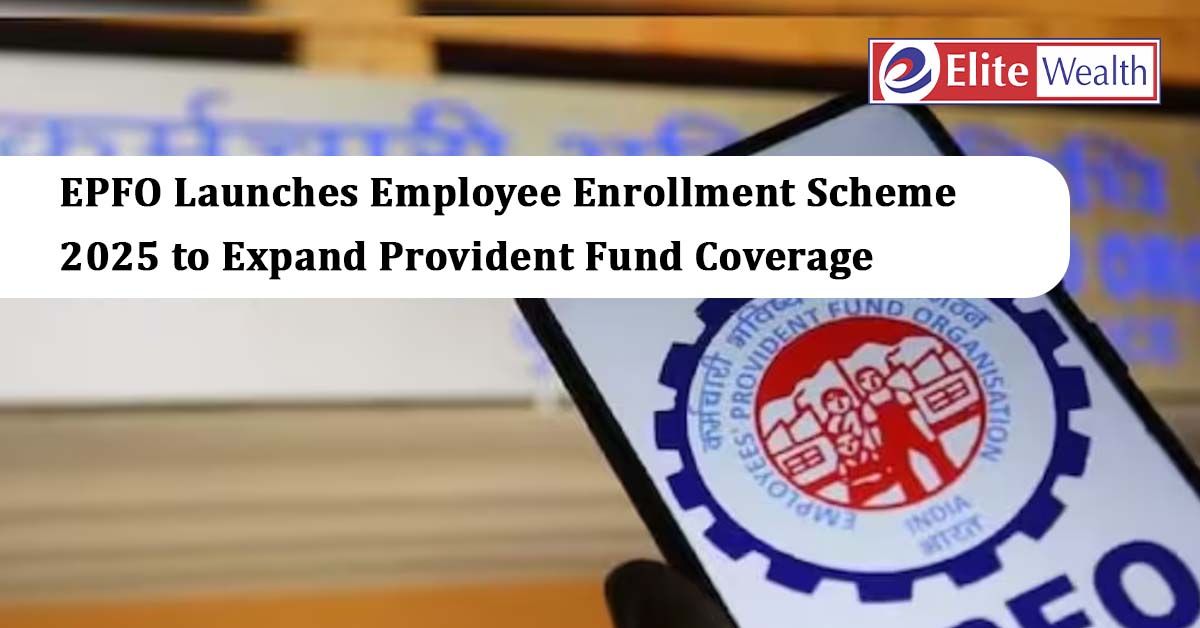
The Ministry of Labour and Employment has introduced the Employee Enrollment Scheme 2025 under the Employees’ Provident Fund Organisation (EPFO), aimed at expanding formal social security coverage. The initiative was announced by Union Labour Minister Dr. Mansukh Mandaviya during the EPFO’s 73rd Foundation Day celebrations in New Delhi.
The scheme seeks to help employers bring unregistered employees under EPF coverage and regularise pending compliance, reinforcing India’s commitment to expanding formal employment benefits.
Scheme Timeline
- Duration: November 1, 2025 – April 30, 2026 (6 months)
- Eligibility Period: Employees who joined between July 1, 2017, and October 31, 2025, but were not previously enrolled under the EPF Act.
- Declaration Process: Employers can submit declarations for eligible employees through the EPFO portal during the scheme period.
Eligibility Criteria
- Applicable to all establishments, whether already covered under EPF or not.
- Employees must still be in service and alive on the date of declaration.
- Employers currently facing proceedings under Section 7A, Paragraph 26B, or Paragraph 8 of the Employees’ Pension Scheme, 1995, are also eligible to participate.
- The scheme applies across sectors and organisational sizes.
Employer Payment Terms
- Employers are not required to pay the employee’s share of contribution if it was not deducted earlier.
- They must, however, deposit:
- Their own share of contribution,
- Interest as per Section 7Q,
- Administrative charges, and
- A penalty of ₹100 per establishment (treated as full compliance under all three EPF-linked schemes).
Implementation and Compliance
EPFO has clarified that it will not initiate suo motu action against employers who voluntarily declare unregistered employees under this scheme. The initiative aims to simplify retrospective compliance, reduce employer burden, and extend EPF benefits to more workers in the formal sector.
The Employee Enrollment Scheme 2025 is seen as a significant policy move toward improving social security inclusion and fostering a more compliant, transparent, and worker-friendly employment ecosystem in India.
Disclaimer:
This article is intended solely for educational and informational purposes. The securities or companies mentioned are provided as examples and should not be considered as recommendations. Nothing contained herein constitutes personal financial advice or investment recommendations. Readers are advised to conduct their own research and consult a qualified financial advisor before making any investment decisions.
Investments in securities markets are subject to market risks. Please read all related documents carefully before investing.


